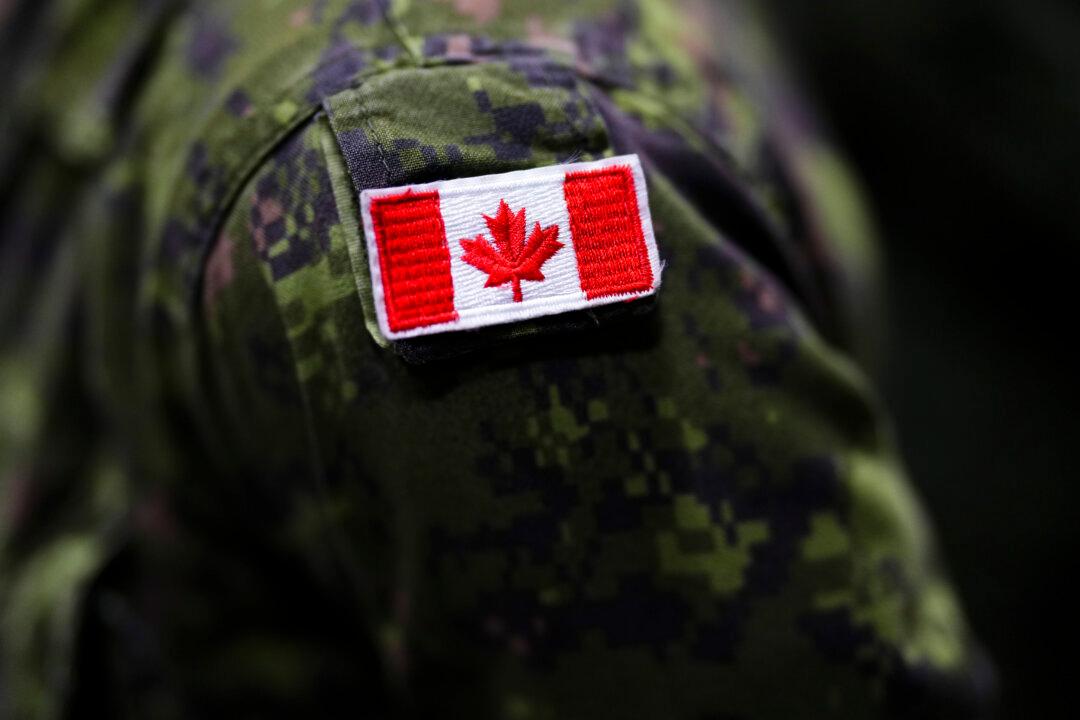WINNIPEG—Indigenous Affairs Minister Carolyn Bennett met with the families of missing and murdered aboriginal women in Winnipeg on Feb. 10 and said she noticed a different tone from similar meetings in other cities.
“Today we heard many things a little bit different than other places,” Bennett said halfway through the day-long meeting.
“Here in Winnipeg, there seems to be tremendous anger and cynicism. People are concerned about the police. They’re concerned about the government. And ... they were quite skeptical as to whether an inquiry will help at all.”
Bennett is on a cross-country tour to meet with victims’ families and other interested parties so parameters can be set for an inquiry into missing and murdered aboriginal women that is expected to begin by summer.
Bennett referred to the Manitoba capital as ground zero in the growing awareness Canadians have for the plight of aboriginal women. She cited the 2014 death of Tina Fontaine, 15, whose body was put in a bag and dumped in the Red River, and a near-fatal attack on a 16-year-old girl who was brutally beaten while she walked along the Assiniboine River.
There were other concerns raised, too, said Bennett, such as stereotypes of indigenous persons in the media.
She said it will be a challenge to determine the scope and mandate of an inquiry, since it must focus on key issues, but also be broad enough to address concerns of victims’ families.
“We will need to work through what is that right balance (between) way too broad and way too narrow.”
From The Canadian Press





